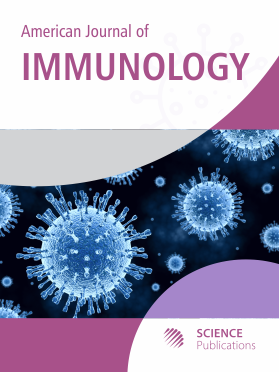Promising Effects of Beta-Glucans on Metabolism and on the Immune Responses: Review Article
- 1 Federal Universityof Lavras, Brazil
- 2 Federal University of Lavras, Brazil
Abstract
A public health issue, Diabetes mellitus, affects millions of people around the globe. Ingestion of foods with a low glycemic index - fiber-rich meals-such as beta-glucans, is increasing as an important alternative for diabetes control. These compounds act reducing parameters such as blood glucose, cholesterol and triglycerides, by decreasing the absorption of glucose and lipids by enterocytes and eventually promote weight loss. Beta-glucans are also described as immunomodulatory agents by stimulating phagocytosis and the production of pro-inflammatory cytokines, increasing host resistance to viral, bacterial, fungal and parasitic infections; or production of anti-inflammatory cytokinesto return homeostasis after an immune response. Besides, some studies are also evidencing anti-tumoral activity. Beta-glucans main effect depends on their origin-yeast, plants or bacteria. Reports of collateral effects and/or toxicity associated with the use of beta-glucans are rare, which contribute to consider this compound for inclusion in a range of therapies. This review aims to evaluate the most different effects of beta-glucans in metabolic and immune systems, discussing its advantages and limitations.
DOI: https://doi.org/10.3844/ajisp.2017.62.72

- 5,685 Views
- 3,797 Downloads
- 38 Citations
Download
Keywords
- Prebiotics
- Functional Food
- Glucose
- Immunity
